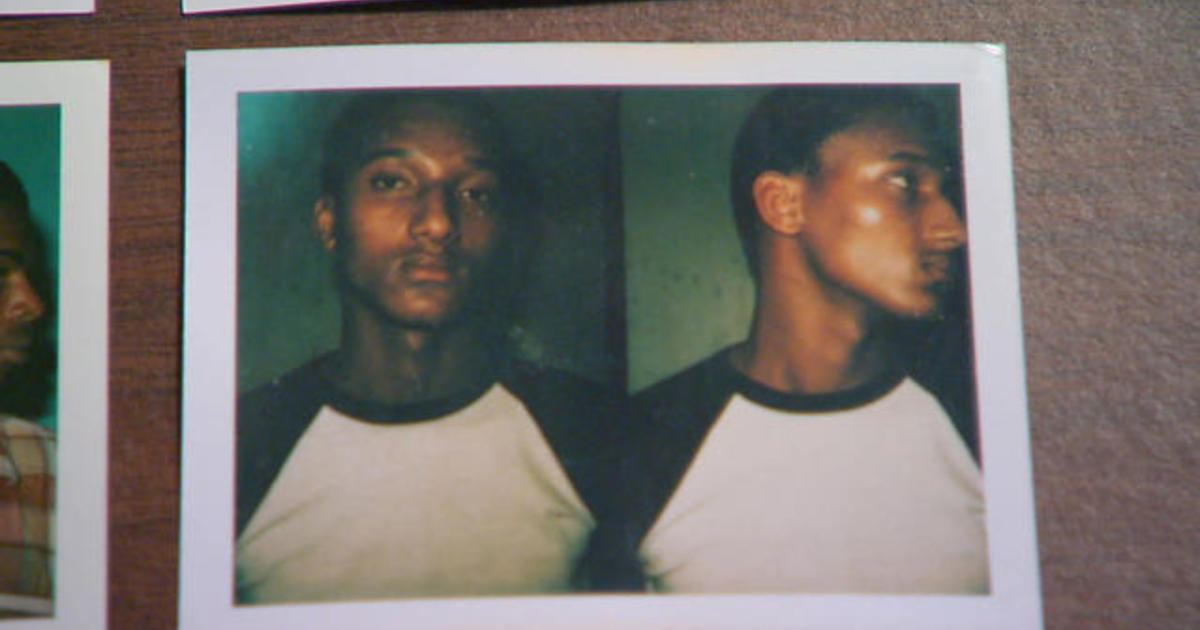A.S. Byatt, some of the formidable writers of her era, whose dazzling 1990 novel, “Possession,” gained the Booker Prize and introduced her worldwide fame as a novelist and unapologetic mental, died on Thursday at her house in London. She was 87.
Her longtime writer, Chatto & Windus, introduced the dying in an announcement on Friday. It didn’t cite a reason for dying.
Ms. Byatt was an excellent critic and scholar who broke the educational mould by publishing 11 novels and 6 collections of brief tales. “I’m not an instructional who occurs to have written a novel,” she bristled in an interview with The New York Instances Journal in 1991. “I’m a novelist who occurs to be fairly good academically.”
Ms. Byatt’s mental ardour was evident in “Possession.” Subtitled “A Romance,” it’s a scholarly detective story nesting one story of illicit love inside one other: One couple lives within the Victorian age, the opposite within the late Twentieth century. The thriller is ready in movement when a younger scholar discovers one thing extraordinary on the London Library in 1985: previous love letters tucked inside a uncommon version of Victorian poetry.
Investigating this love affair compels the 2 modern-day students who observe them all the way down to fall in love as effectively. Alongside the best way, Ms. Byatt mocks the foibles of the educational world whereas effortlessly writing, within the voices of her fictional protagonists, her personal Victorian poetry.
“Possession” turned an sudden finest vendor and was made right into a characteristic movie in 2002, directed by Neil LaBute and starring Gwyneth Paltrow. A novella from her ebook “Angels and Bugs” (1992) had already been made into an Oscar-nominated movie in 1995 by Philip Haas. Each movie variations elevated Ms. Byatt’s visibility as an creator who widened the scope of up to date British fiction.
Ms. Byatt constructed her literary status slowly and steadily with two early novels, “The Shadow of the Solar” (1964) and “The Recreation” (1967), adopted by a four-volume sequence referred to as the Frederica Potter quartet.
Like Ms. Byatt, Frederica and her siblings come of age in mid-Twentieth-century England, a interval when even extremely educated girls had been anticipated to cease working in the event that they married. Ms. Byatt’s personal best terror was being trapped by domesticity.
“I had this picture,” Ms. Byatt instructed The Guardian in 2009, “of popping out from below and seeing the sunshine for a bit after which being shut in a kitchen, which I believe occurred to many ladies of my era.”
Ms. Byatt’s early profession was overshadowed by her youthful sister, the author Margaret Drabble, whose debut novel, “A Summer season Chook Cage” (1963), turned an instantaneous finest vendor. When she was first revealed, Ms. Byatt instructed The Paris Assessment, she was extra afraid of the fixed comparability to her better-known sister than of unhealthy opinions. Whereas her early fiction was usually acquired respectfully, she mentioned that some dismissed it as “one other novel by someone quite like Margaret Drabble.”
The connection between these extremely aggressive literary sisters was all the time strained. They didn’t learn one another’s work or see one another typically, fueling infinite gossip for the literary press. Each sisters maintained that their rivalry was overstated, although Ms. Byatt could have undercut that argument by dryly telling the BBC in 1991 that she and Ms. Drabble had “all the time favored one another on the underside line.”
However in later years they’d a tougher time containing themselves, and rigidity often spilled out into public view.
When Ms. Drabble, who survives her sister, revealed a semi-autobiographical ebook, “The Sample within the Carpet” (2009), Ms. Byatt instructed The Telegraph that she’d quite folks didn’t learn another person’s model of her mom. Ms. Drabble fired again that her sister was so territorial, she had been offended when Ms. Drabble included a household tea set in one in all her novels. By 2011, Ms. Drabble was telling The Telegraph that their feud was past restore.
Ms. Byatt was born Antonia Susan Drabble on Aug. 24, 1936, in Sheffield, England. Her father, John F. Drabble, a barrister and decide, revealed two novels himself. Her mom, Kathleen (Bloor) Drabble, was a instructor and homemaker.
Antonia was the oldest youngster; Margaret was born three years later, and two extra siblings adopted. Each mother and father had gone to the College of Cambridge and anticipated all 4 of their kids to do the identical, which they did.
However their mom overtly favored Margaret, which contributed to the competitors between the 2 older ladies.
Ms. Byatt described herself as having been an sad youngster who had suffered from extreme bronchial asthma and spent a substantial amount of time in mattress, the place studying turned her escape from a tense and indignant family.
Ms. Byatt and Ms. Drabble had been each despatched to the Mount Faculty, a Quaker boarding faculty in York the place their mom taught, and each went on to Newnham Faculty, the ladies’s faculty at Cambridge that their mom had attended. Ms. Byatt earned a “first” (highest honors) diploma in English in 1957, adopted by a 12 months of graduate work at Bryn Mawr Faculty in Pennsylvania. She continued her doctoral research at Somerville Faculty Oxford, the place she was discouraged from writing fiction by her Ph.D. supervisor, who instructed her, Ms. Byatt recalled: “My pricey, each younger lady with a first-class diploma expects to have the ability to write a very good novel. None of them can.”
When she left Oxford to marry Ian Byatt, an economist, in 1959, her scholarly grant was terminated; males in related circumstances didn’t lose their grants.
To her horror, Ms. Byatt discovered herself relegated to the position of college spouse on the age of 25. However she persevered, writing with what she described as fierce desperation whereas caring for 2 younger kids.
The wedding led to 1969. She went on to marry Peter John Duffy, an funding analyst, and had two extra kids.
Ms. Byatt continued to publish novels and important research, however then tragedy struck, within the early Nineteen Seventies, when her solely son, Charles, who had simply turned 11, was struck and killed by a drunken driver. Ms. Byatt had simply accepted her first educating place, at College Faculty London.
“I believe what saved me was the scholars,” she mentioned of her grief in an interview with The New York Instances. “They had been in one other world; I needed to change gear.”
Ms. Byatt addressed the lack of her youngster in a brief story, “The July Ghost,” a couple of grieving mom, and in a poem, “Useless Boys,” by which she meditates on how a toddler stays with the mom always, even in dying. It ends with the traces “My cheek was damp together with his heat / And 5 days later chilly.”
She mentioned the expertise modified her writing. “I all of a sudden thought, Why the hell not have completely satisfied endings?” she recalled to The Paris Assessment. “Everyone is aware of they’re synthetic. Why not have this pleasure, as one has the pleasure of rhyme, as one has the pleasure of colour?”
Ms. Byatt wrote and edited many works of literary criticism, together with two books on the British author Iris Murdoch and one concerning the relationship of William Wordsworth and Samuel Taylor Coleridge. She additionally edited, with Nicholas Warren, a ebook of essays about George Eliot. She was a senior lecturer in English at College Faculty from 1972 to 1983.
Whereas a few of her writing, notably her tutorial writing, was criticized as so dense as to be impenetrable, she was included on The Instances of London’s 2008 record of the “50 Best British Authors Since 1945.”
Ms. Byatt was made a dame of the British Empire in 1999 for her contributions to modern English literature, although a few of her hottest works had been but to come back.
Her novel “The Youngsters’s E-book” (2009), based mostly on the lifetime of the favored kids’s ebook creator E. Nesbit, incorporates fairy tales into social commentary on British utopian actions of the early Twentieth century. It was shortlisted for the Booker Prize in 2009 and acquired the James Tait Black Prize in 2010. “A Stone Lady,” a broadly anthologized story that was included in Ms. Byatt’s assortment “Little Black E-book of Tales” (2003), explores themes of grief and ageing via a lady’s metamorphosis into stone following the dying of her mom.
Her most up-to-date ebook was the career-spanning assortment “Medusa’s Ankles: Chosen Tales,” revealed in 2021.
Along with Ms. Drabble, Ms. Byatt’s survivors embody her husband; three daughters, Antonia Byatt, Isabel Pinner and Miranda Duffy; a youthful sister, Helen Langdon, an artwork historian and creator; and a brother, Richard Drabble, a barrister.
By the point she was in her early 80s, Ms. Byatt felt she had achieved loads by merely changing into a author.
“I believe most of my life I’ve felt very fortunate, as a result of I anticipated not to have the ability to write books,” she mentioned in a 2016 interview. “And I by no means actually needed to do the rest.”
Ashley Shannon Wu contributed reporting.























